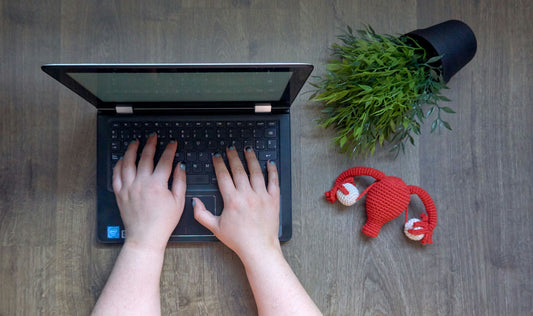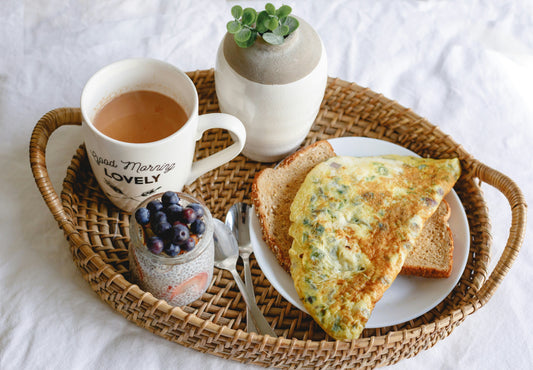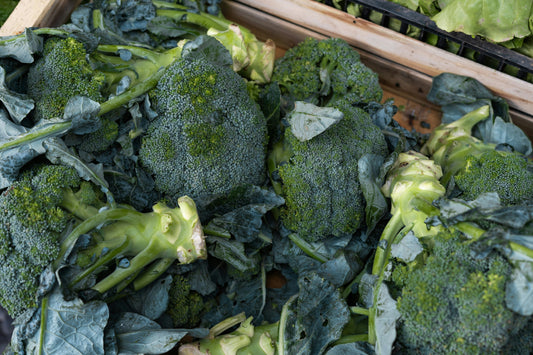I get asked lots and lots of questions from both the online community and clients, and often I get asked the same or similar questions each week. To help share the information that is most commonly sort after I will post two Q+A’s each week.
If you have questions that you would like answered simply email info@wellnessbyjessica.com, send me a Facebook message or leave a comment at the end of this Q+A.
Click here to read last week’s Q+A.
STEVIA
Q: What is stevia? – Alex C.
A: Stevia is a herb with a naturally sweet taste. You will find stevia advertised as a natural low calorie sweetener or as an alternative to artificial sweeteners, stevia contains glycosides which are 150 times sweeter than sugar but have almost zero effect on blood sugar levels. However, the white powdered version of stevia that you can buy in the supermarket is very different from the fresh plant you can easily grow in your garden. The process used to turn fresh stevia into a shelf-stable powder that acts like table sugar is a lengthy process that removes the nutrients and beneficial properties of the stevia leaf, so when possible use fresh stevia. Stevia can be purchased from most plant stores, and kept on the window sill in the kitchen the same way you would basil or parsley. Fresh stevia can be used to sweeten raw baking, tea, smoothies or eaten on its own. Due to the strength of the sweetness of stevia a little goes a long way. Several studies have shown that the addition of stevia to the diet reduces blood pressure and blood glucose levels — two important properties for anyone suffering from diabetes.
PREGNANCY TEA
Q: I have just fallen pregnant, and was wondering about pregnancy teas. Some people I talk to swear by them and others have said they don’t do anything. What do you think? – Amanda B.
A: Firstly, congratulations! There are many herbs which have been used to help treat and prevent many complications of pregnancy through the centuries. Modern day pregnancy blends are usually based on the use of Raspberry Leaf. Raspberry has been proven to shorten the length of labor in women who use it for the duration of their pregnancy. Raspberry Leaf helps to build strength in the uterine muscle, which promotes effective and less painful uterine contractions during labor and birth. Raspberry Leaf has also shown to assist with decreasing morning sickness, and improving milk supply post birth. Nettle is also a herb commonly prescribed during pregnancy due to its high concentration of calcium, iron, magnesium and vitamins A and C. Other herbs often included in pregnancy teas are; horsetail, Lady’s Mantle, Lemon Balm, St Johns Wart, and Yarrow.
When it comes to choosing a brand of tea always look for an organic formula from a reputable health brand, my favourite is the Pregnancy Tea from Artemis. Many health stores have a tea dispensary, and this is where you can ask a qualified naturopath to make a blend specifically for you.
Always discuss the addition of any supplements or teas into your diet with your midwife or obstetrician.




